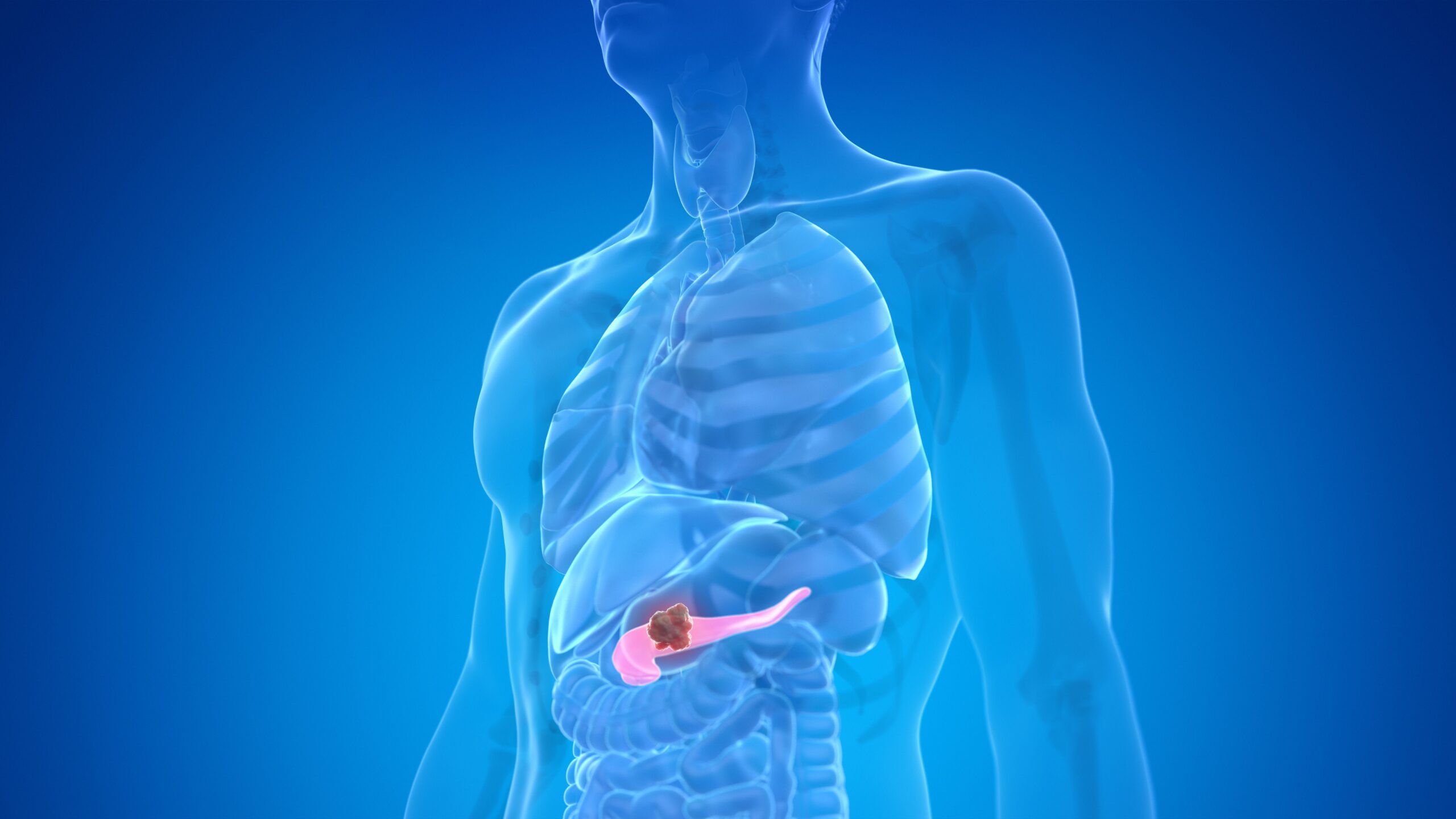Mounjaro Side Effects
Mounjaro (active ingredient: tirzepatide) is a glucose-dependent insulinotropic polypeptide (GIP) and glucagon-like peptide-1 (GLP-1) receptor agonist, originally developed for the treatment of type 2 diabetes. More recently, it has gained popularity for its off-label use in weight loss. While Mounjaro is effective in regulating blood sugar levels and aiding weight loss, it can also cause side effects.
In this comprehensive guide, we will discuss the most common, less frequent, and serious side effects of Mounjaro, based on medical sources and user experiences. Checkout our range of affordable Mounjaro pen for weight loss
1. What Are the Most Common Side Effects of Mounjaro?
Most people who use Mounjaro experience mild to moderate side effects, especially in the first few weeks of treatment. Here are the most commonly reported side effects:
🔹 1.1 Gastrointestinal Issues (Digestive Side Effects)
The most common side effects include nausea, vomiting, diarrhea, and constipation. This happens because Mounjaro slows gastric emptying, causing food to remain in the stomach longer.
✔ iiveldus (21-26% of users)
✔ Vomiting (5-9%)
✔ Diarrhea (12-17%)
✔ Constipation (6-8%)
✔ Abdominal pain or bloating (4-6%)
What Can You Do?
- Eat smaller meals and avoid fatty or heavy foods.
- Drink plenty of water to prevent dehydration.
- These side effects usually subside within a few weeks as your body adjusts to the medication.
🔸 1.2 Decreased Appetite
Since Mounjaro suppresses appetite, many users experience reduced hunger. This can be beneficial for weight loss but may also lead to:
✔ Reduced food intake
✔ Feeling full quickly after small meals
✔ Potential risk of malnutrition if you eat too little
What Can You Do?
- Ensure you consume enough protein, fiber, and healthy fats.
- Avoid rapid weight loss, as it can lead to muscle loss and nutrient deficiencies.
🔹 1.3 Fatigue and Dizziness
Some users report fatigue, dizziness, or low energy levels, particularly in the first few weeks of use.
✔ This may be due to low blood sugar levels (hypoglycemia), especially if Mounjaro is used alongside other blood sugar-lowering medications such as insulin or metformin.
What Can You Do?
- Regularly monitor your blood sugar levels.
- Eat balanced meals with enough carbohydrates to prevent blood sugar dips.
- Stay hydrated and get enough sleep.
🔸 1.4 Headaches
Umbes 6-8% of users experience headaches when using Mounjaro.
✔ This may be related to mild dehydration, low blood sugar levels, or the body adjusting to the medication.
What Can You Do?
- Drink enough water throughout the day.
- Ensure you eat regularly to avoid blood sugar fluctuations.
2. Less Common but More Serious Side Effects
Although rare, some users may experience serious side effects. Be aware of the following symptoms:
🔹 2.1 Pancreatitis (Inflammation of the Pancreas)
A serious but rare side effect of Mounjaro is pancreatitis, an inflammation of the pancreas.
✔ Symptoms:
- Severe abdominal pain radiating to the back
- Persistent vomiting
- Fever and increased heart rate
🔴 What to Do?
- Stop taking Mounjaro immediately and seek medical help if you experience these symptoms.
🔸 2.2 Gallbladder Issues (Gallstones and Gallbladder Inflammation)
Some users develop gallstones (cholelithiasis) or gallbladder inflammation (cholecystitis) with prolonged use.
✔ Symptoms:
- Pain in the upper right abdomen (especially after eating fatty foods)
- Iiveldus ja oksendamine
- Jaundice (yellowing of the skin and eyes)
🔴 What to Do?
- Contact your doctor if you experience persistent abdominal pain or digestive issues.
🔹 2.3 Heart Rate Changes
Some people experience faster or irregular heartbeats.
✔ Symptoms:
- Palpitations or rapid heart rate
- Dizziness or fainting
🔴 What to Do?
- Seek medical attention if you experience sudden heart problems.
🔸 2.4 Allergic Reactions
In very rare cases, people may experience allergic reactions.
✔ Symptoms:
- Rash, itching, or swelling
- Difficulty breathing
- Swelling of the tongue, lips, or face
🔴 What to Do?
- Stop taking the medication immediately and seek emergency medical help if you experience a severe allergic reaction.
3. Who Should Be Cautious When Using Mounjaro?
Not everyone is a suitable candidate for Mounjaro. Mounjaro is not recommended for people with:
✔ Active or a history of pancreatitis
✔ Family history of thyroid cancer (such as medullary thyroid carcinoma)
✔ Severe stomach or intestinal problems
✔ Pregnancy or breastfeeding
💡 Consult your doctor to determine if Mounjaro is safe for your condition.
4. Frequently Asked Questions About Mounjaro Side Effects
🟢 How long do Mounjaro side effects last?
- Most mild side effects go away within 2-4 weeks.
- More severe side effects, such as pancreatitis or gallstones, may persist and require medical attention.
🟢 How can I reduce Mounjaro side effects?
✔ Start with a low dose and gradually increase it.
✔ Eat small, light meals and drink plenty of water.
✔ Avoid alcohol and fatty foods, especially if experiencing nausea.
🟢 Is Mounjaro safer than Ozempic or Wegovy?
- Mounjaro is more potent than Ozempic and Wegovy, but it may also cause more side effects.
- Consult your doctor to determine which medication is best for you.
Conclusion: Is Mounjaro Safe?
Mounjaro is a powerful medication for diabetes and weight loss, but like any drug, it comes with side effects. Most are mild and temporary, but some can be severe.
✔ Benefits: Effective for blood sugar control and weight loss
❌ Drawbacks: Gastrointestinal issues, potential gallbladder problems, rare serious side effects
Thinking about trying Mounjaro? 🚀 Always consult your doctor first to ensure it’s the right choice for you!
Checkout our range of affordable Mounjaro pen for weight loss






